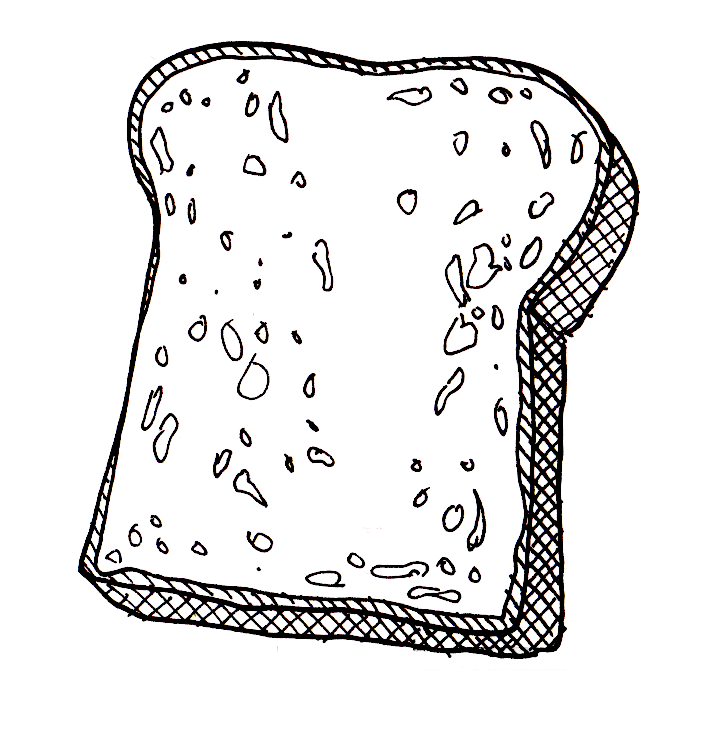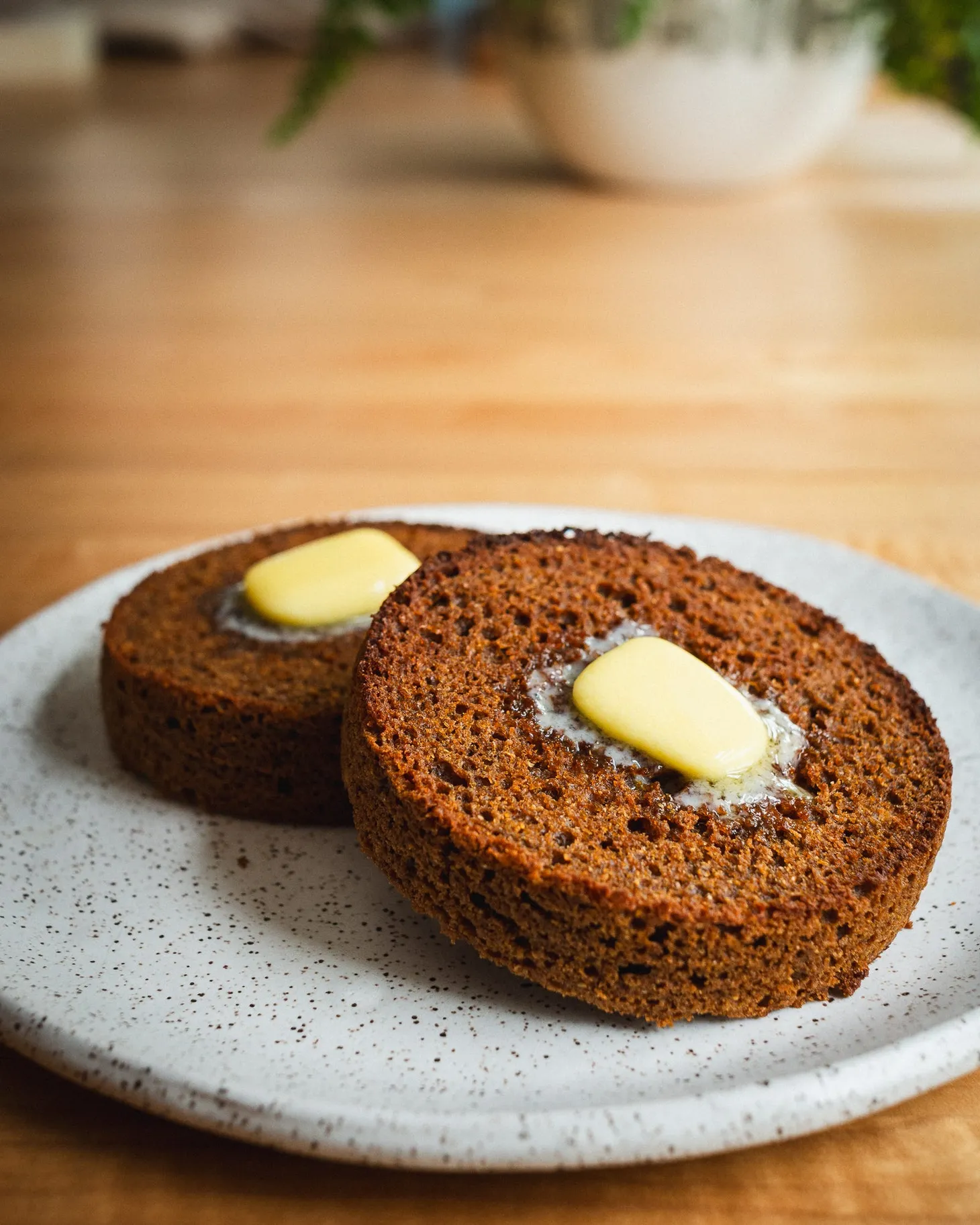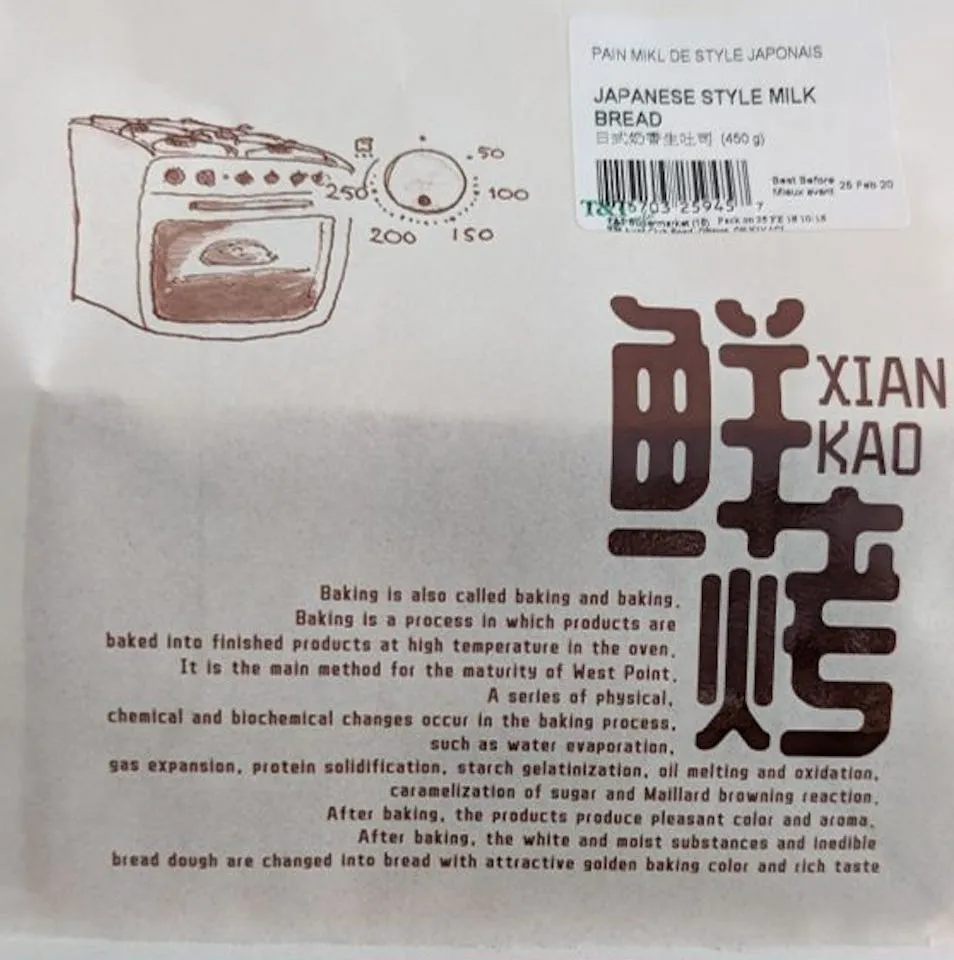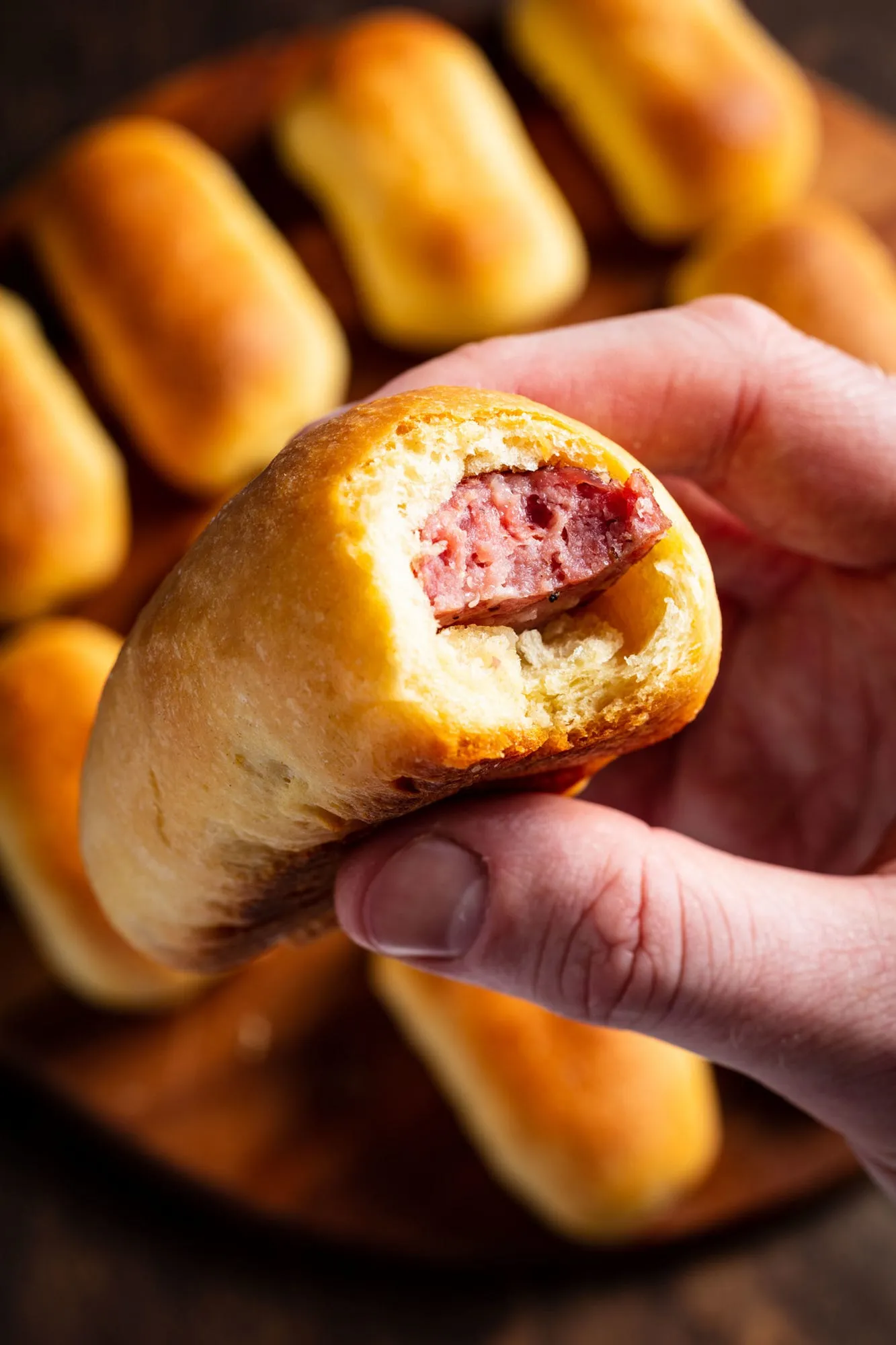The Tradwives Are Making Incredibly Weird Bread
The light of the home makes goopy-ass bread; a guest post from Anna Merlan
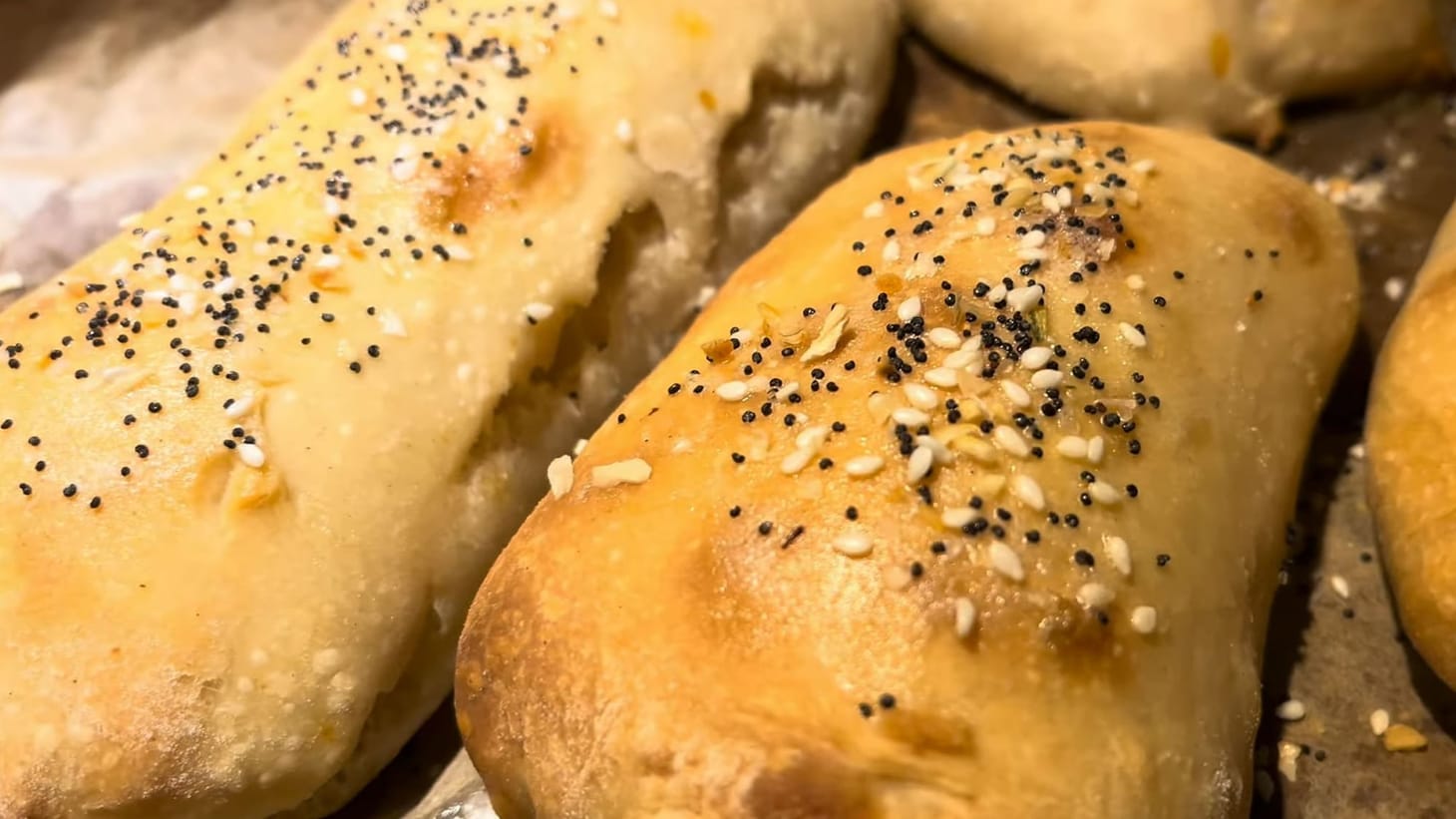
Table of Contents
This week we have a guest post from Anna Merlan, a journalist and author, specializing in subcultures, alternative communities, conspiracy theories, crime, belief, death, sexual violence and women’s lives. She was previously a reporter at Motherboard, Vice’s tech desk. She’s also worked at the Special Projects Desk, an investigative division within Gizmodo Media Group, as a senior reporter at Jezebel, and as a staff writer at the Village Voice and the Dallas Observer. Her work has also appeared in Rolling Stone, Wired, Teen Vogue, Men’s Health, BBC Travel, Topic, and on the op-ed page of the New York Times. She has been accused of being both a lizard person and a CIA agent, but never at the same time.
Anna and I connected on Bluesky around our mutual horror over the garbage breads that some tradwife “influencers” share proudly on social media. She mentioned she wanted to write about it and asked if I wanted to weigh in on the strange overlap between breadfluencing and tradwifery, and I was happy to. The piece was originally posted at Flaming Hydra, and shared here with their permission.
—Andrew

Much has been said and written about the tradwife, a variety of extremely online influencer dedicated to propping up her iPhone and filming herself doing traditionally gendered labor: baking, cooking, flower-arranging, Bible-bedazzling, and, lovingly and with endless patience, cleaning up after her husband and children. The tradwives are constantly in the kitchen, either making a meal or doing something pleasingly pointless, like polishing an already-spotless marble counter; for reasons of nurturing symbolism and aesthetics, they are also, constantly, making bread.
Less, though—perhaps too little—has been said about the fact that the bread itself is often extremely weird: malformed, underbaked, overworked, and, in general, a fine bit of metaphor for the phenomenon of tradwifery itself.
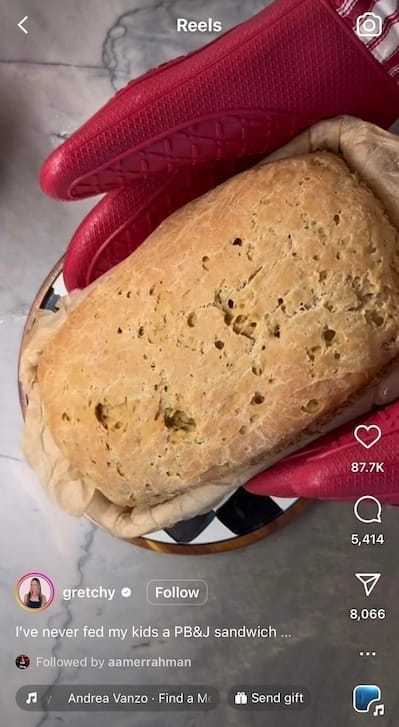
One might reasonably ask why I even care about this; I too find myself asking the same question. Nonetheless, there may be a familial reason: when my family got to this country, landing with all the other Jews on the Lower East Side, the women went to work in sweatshops, and the men in bakeries. There’s a photo of a great or great-great grandfather posing next to the horse-drawn wagon in which he used to deliver bread. I am an enthusiastic amateur home baker; my mom taught me when I was young, I dabbled for most of my life, and during the height of the pandemic, like everyone else, I got really into sourdough and never stopped.
This is the kind of origin story that would be useful for a tradwife; many of them supply instead a kind of conversion narrative, wherein they grew up with Industrial Commercial Loveless Food and also Feminism, before discovering a better way to be. The first prominent online tradwife, Ayla Stewart, contributed some unsubtle racial undertones to the performance, speaking often about preserving “her” white “culture” before huffily going offline when people noticed. Submitting to their husbands and also baking for them are intricately entwined in the tradwife mythos; the whole thing is such a perfect troll that it drives near-infinite engagement. It’s almost inevitable, then, that you’ll land on their content if you’re a woman, or someone who clicks on recipes ever. This is why, I suppose, I started getting served video after video on Instagram of women making the strangest loaves imaginable.
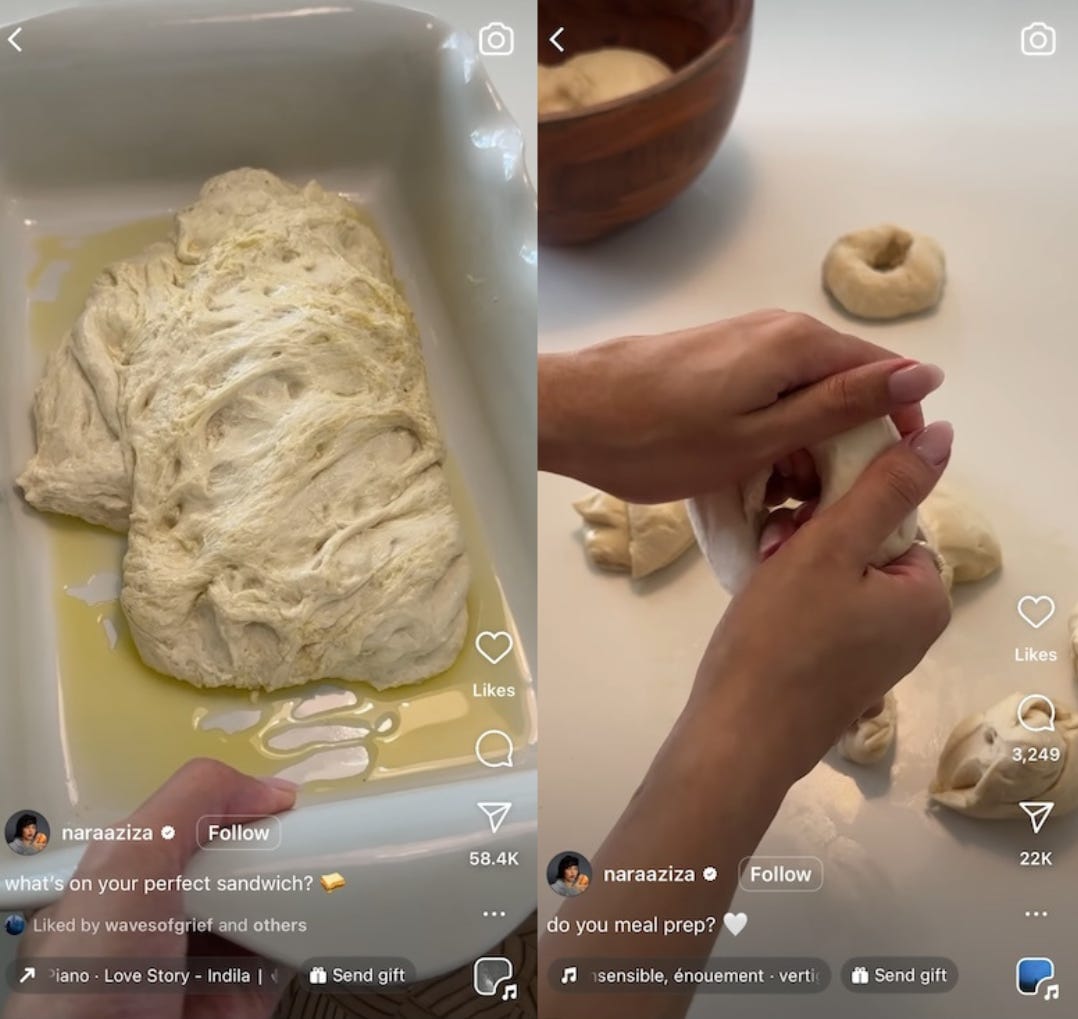
Nara Smith is a beautiful young Mormon fashion model who is married to another model. She makes even the simplest things from scratch, speaking in a husky monotone voiceover as she chops and stirs—“My kids wanted cereal for breakfast, and so I got started right away,” she intones, dumping flour and sugar into a beautiful wooden bowl—and generates tons of both scorn and incredibly horny commentary with every video. (Smith recently gave birth for the third time; I have seen more than one man commenting that her yogurt or whatever would cause them to get her pregnant again.)
Yet Smith’s baking doesn’t always make sense. A video where she describes making a homemade grilled cheese—she also makes the cheese, in elbow-length rubber gloves—shows her pushing around an incredibly wet little slab of dough, the kind of disaster I recognize from many sad, flat loaves of my own. It’s so wet that most of it sticks to her bench scraper, and the brief shot we see when it comes out of the oven shows that it is indeed malformed and slightly underbaked, with air holes the size of church doors. She hucks a weird, undersized lump of focaccia dough into a pan, having seemingly failed to stretch it at all; she makes bagels by poking haphazard holes in the dough, and doesn’t appear to boil them. These are all, in the heartwarming film of her spotless housewifery, something like continuity errors, and, if you know what you’re looking at, extremely jarring ones.
All of which would be fine, except that these iPhone-clutching tradwives don’t simply depict themselves doing household labor, but having a mastery of it, effortlessly fulfilling what they insist are their natural roles. This makes it all the more bizarre—and, let’s be real, very funny—when they display their disastrous baking choices for the world to see. One tradwife influencer, Estee Williams, prompted widespread mockery when she made a video about the world’s disdain for “traditional wives” while dressed in skintight ’50s housewife cosplay and holding up examples of her wifely wares, which included a bread so dry, so rock-hard, and so nightmarishly, bafflingly dense it could be used to pave a city street.

The tradwives make many odd choices in their bids to stand out from the herd of super online women loudly claiming to be exceedingly content to be housewife-ing quietly at home. Williams is often accused of making fetish content, given how chest-forward her outfits are; Gwen the Milkmaid started out making OnlyFans content before transitioning into a tradwife role; long Reddit threads are devoted to the question of where one gig ends and the next begins, given that her low-cut prairie dresses are, again, like Williams’s wardrobe, clearly meant to showcase her enviable physique. Another woman in her early 20s wears an inexplicable Amish-cum-Ren Faire getup and, in one viral video, shows herself cutting a gigantic slab of latticed deep-dish berry pie for the dinner of her husband, “a masculine provider man.” (The comments are turned off, which seems to indicate that people made some jokes.)
Many of these women, in other words, are amateur home bakers, who, for reasons of content and economics, need to blast out their terrible early loaves across cyberspace for all to see. They’re also often very young women who haven’t been married very long, and who expound at length on all the things they’re doing to keep their men happy. The exception here is the Ballerina Farm lady—a woman with generational wealth vast enough to permit her to have eight children and do Little House on the Prairie reenactments 24/7—who does seem to be an extremely competent baker. For some reason she also has like 7,000 enormous jars of sourdough starter, presumably because she sells it online for $18. (Do not buy this; please make your own starter or ask for some on a neighborhood Buy Nothing Group.)
It’s not just the tradwives who are diluting the online baking space with strange techniques and bad advice, says Andrew Janjigian, a baking teacher, recipe developer, writer, and photographer from Cambridge; he publishes Wordloaf, a newsletter about baking bread and grains. Janjigian has been baking for decades; he caught the Covid sourdough wave when I did, and has watched with interest as a fresh round of influencers arrived to do and say weird stuff about bread.
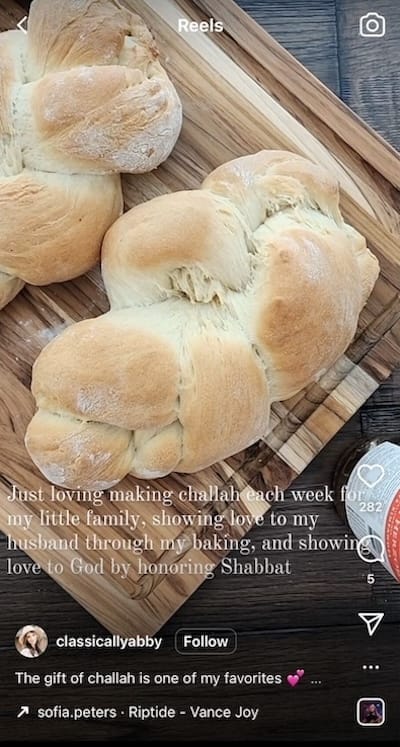
“There’s a new wave of influencers now, who seem like people who had no baking experience but who figured it out, and obviously they know enough to make it work,” he says. “Part of me wants to champion that. But I’m bothered by people who are clearly advanced beginners who are now giving other people advice… I worry that it’s diluting the quality of information out there.”
“I don’t have a problem with the pioneer-woman-type homemaker sourdough thing,” he says. “That alone doesn’t really bother me, but the idea that it gets tied in with a toxic sense of what femininity is... I hate to have that be attached to something as wonderful as bread-baking.”
His usual advice for amateur bakers, he says, is to “pick a recipe and stick with it until you’ve mastered it,” which is excellent advice for bread-baking, and very bad for attracting the neverending waves of fresh eyeballs and engagement the influencer life demands.

While I am surely projecting, it does sometimes seem like all these women must be at least occasionally screaming inside. However profitable the tradwife business might be—and it can’t be all that profitable, not for all of them—it still involves giving up your anonymity, and bundling another job into the already strenuous business of homemaking. Instead of baking as an act of love, or a basic household task, it becomes something that has to be framed, performed, and set up for the camera, all so snarky little critics like me can shred their technique.
And in the constant arms race of who can be more trad, baking bread or even your own cereal is no longer enough. Now we have influencers like The Healthy Wife, who insists that commercial wheat will make your family sick, or perhaps even liberal. She grinds her own flour from einkorn, an ancient grain that is much more expensive than ordinary wheat. No bread will ever be labor-intensive enough to meet the demands of the tradwife, or for the constant demand for novelty embedded in the genre; it’s just one more of the weird little ironies they’re baking up alongside those endless, strangely misshapen loaves.
This story was originally published at the excellent Flaming Hydra.
wordloaf Newsletter
Join the newsletter to receive the latest updates in your inbox.
